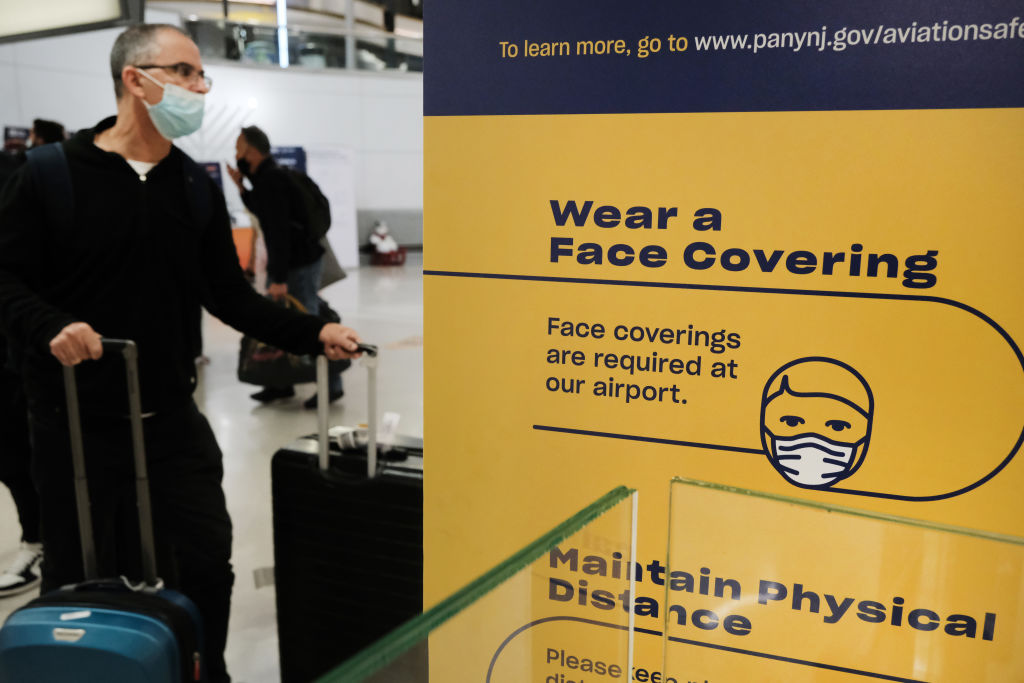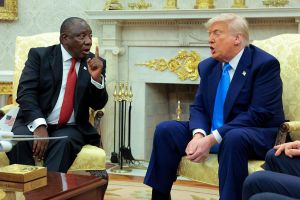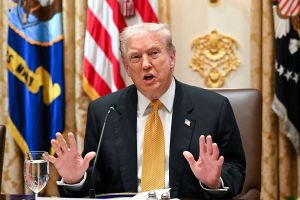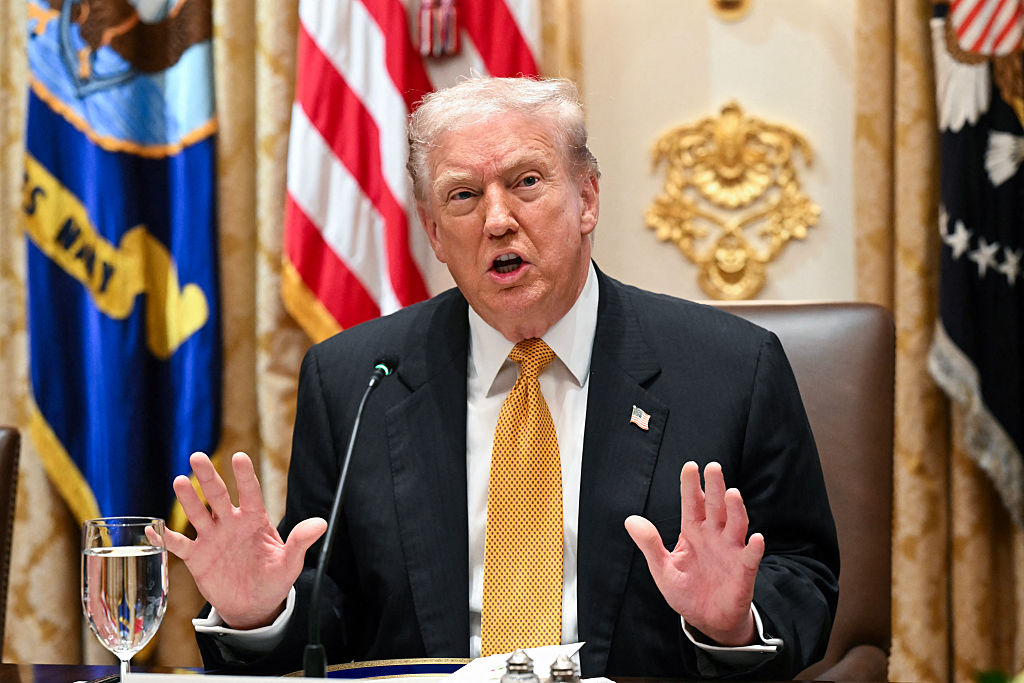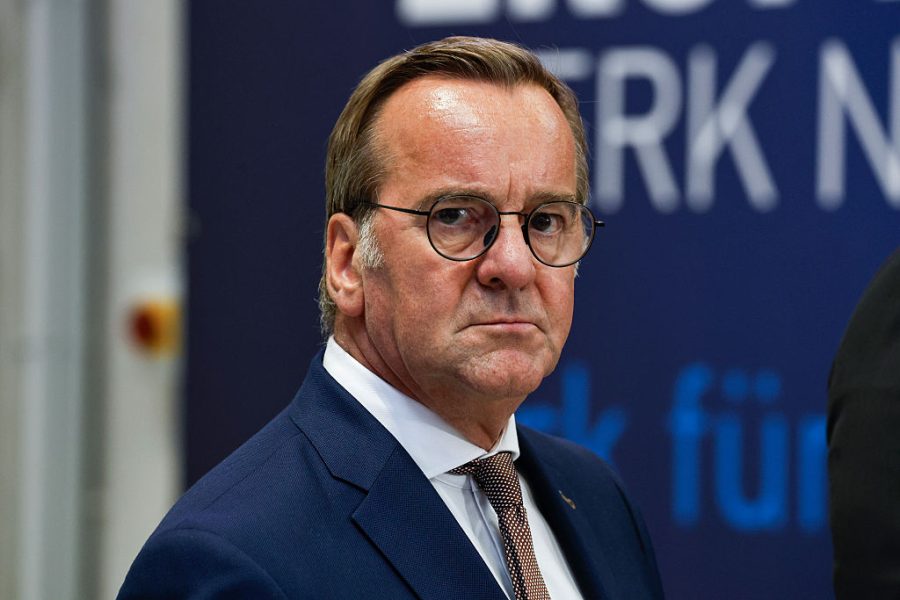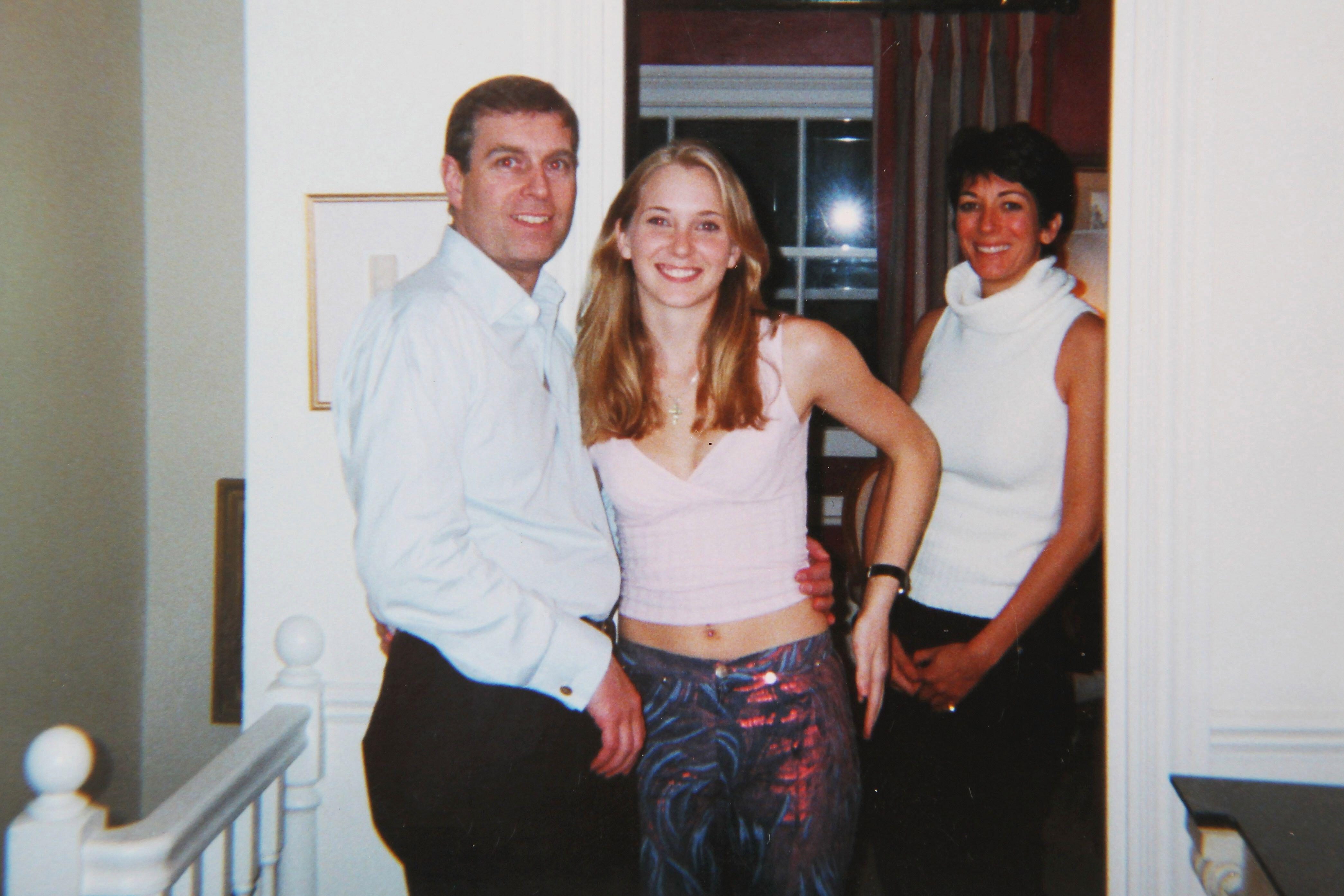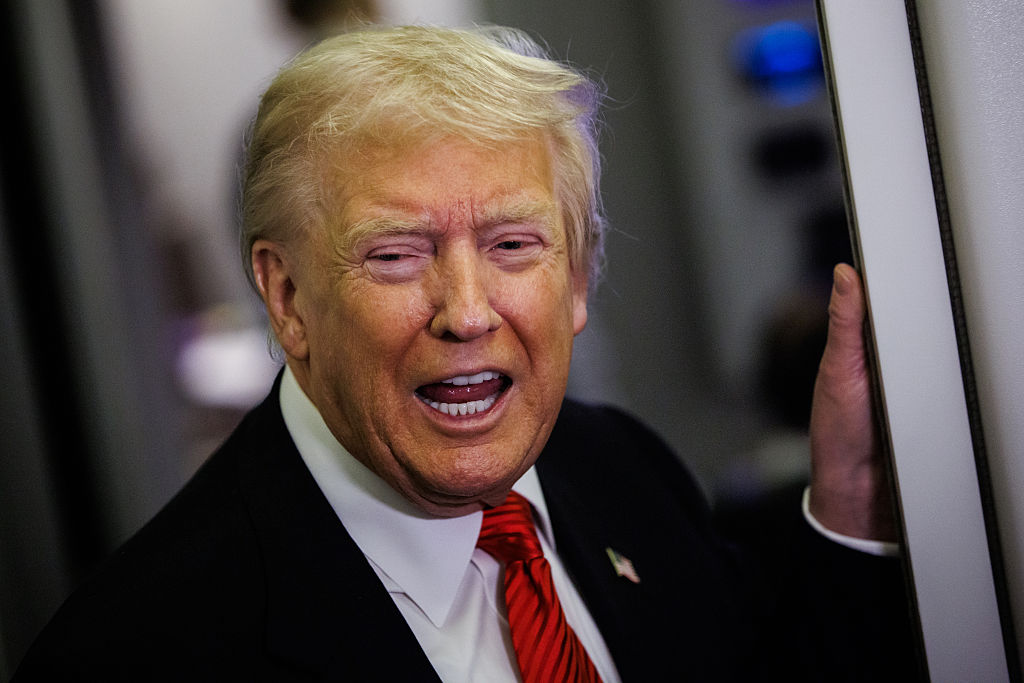One of the most gripping scenes in the classic film Casablanca is at the very beginning, when many of the characters who would feature in the story are seen together in a busy city plaza. Suddenly silent as a small Lisbon-bound plane passes overhead, they all look up, and the audience can see in their faces the cumulating stress of not knowing when, or even if, they would get out of wartime Morocco and fly to America.
I never imagined I would experience anything remotely like that until just a few days ago when my twenty-eight-year-old son Zachary and I were wrapping up a long-planned and, due to the coronavirus, frequently postponed vacation to South Africa. We were about to drive from our camera safari lodge in Kruger National Park to nearby Skukuza Airport for a domestic flight to Cape Town and a final two-night stopover there. That was when we started reading on our smartphones about something called the “Omicron” variant.
First, we heard that it had mutated to life in the very country we were visiting, somewhere near Johannesburg. Then that it had already spread as far away from Africa as Hong Kong. And the big shocker: that the United Kingdom had ordered an immediate halt to all international flights from South Africa.
By the time we landed in Cape Town and arrived at our downtown hotel, fifty or so other foreign visitors were pacing in and out of the public areas, constantly glued to their various devices. Like us, they seemed less worried about the new COVID strain itself than about what restrictions the world’s politicians might adopt to cope with it. France and Italy had now joined the list of countries telling carriers to stop flying — not just from South Africa, but from Botswana, Eswatini, Lesotho, Mozambique, Namibia, Zimbabwe and the Seychelles.
Over the next two days, we would hear of still more nations refusing to accept any planes coming from southern Africa: first Israel, then at different times Australia, Brazil, Canada, Japan and Turkey. Those countries not outright banning flights, such as Spain and Ireland, were still forcing lengthy quarantines and post-landing PCR tests on incoming passengers. The US was saying that its own citizens and legal residents could still return — assuming they could get a flight — although what they would be required to do upon arrival was never made clear.
The South Africans I met in and around our hotel were also nervous, although again less about the virus itself than what the world’s political reaction would do to Cape Town’s barely recovering tourist industry. One hotel staffer described how he and his family had been quarantined for more than a year in a small metal-sided shack near the outskirts of a pre-apartheid township. He had been working for just three weeks at a job which finally promised enough income to move elsewhere, but only if foreign tourists still felt safe in visiting.
Compounding everyone’s anxieties were early accounts from Amsterdam of two KLM flights from South Africa that had arrived with sixty-one of the combined 600 passengers testing positive for Covid. And, of those, at least thirteen had tested positive for the omicron variant. Did this mean the mutation could evade detection with conventional tests? Or even worse, that it could spread on planes, despite the airlines’ supposedly effective air filtration systems? (It was only later that I learned that KLM had not required all ticket holders to have the customary PCR test at least three days before boarding the two flights.)
On Sunday the 28th, Zach and I proceeded to the O.R. Tambo International Airport, not knowing what to expect. The good news was that Lufthansa, our scheduled carrier, was one of the last still said to be operating out of Cape Town. The German government had declared its intention to give its stranded citizens a way home, although what that meant for those of us intending to transit elsewhere through Frankfurt was not clear.
Arriving at the check-in counter, we learned that Lufthansa had just two flights scheduled that day, one which had already departed for Munich and our own to Frankfurt. A shaken Mercedes executive from South Africa told me how the airline had tried to restrict boarding on the earlier flight to German citizens only, but the pushback from disappointed passengers was such that no similar attempt was made with our own 6:20 p.m. departure. By sheer luck, my son and I ended up on the only European-bound flight that day without cancellation or incident.
Eleven hours after taking off, we landed in pre-dawn Frankfurt, where our plane stopped short of the terminal. Quickly crowded onto a bus with the other passengers, we all were taken to an area where a dozen black-clad and ominously armored police methodically reviewed everyone’s proofs of vaccination, recent PCR tests, and ticketing. (I can’t claim to know much about virology but being jammed into a crowded bus probably did more to spread any lurking virus than whatever the authorities were trying to prevent.) Then, to my great relief, the police ushered my son and myself to the international transit area, where the authorities themselves seemed amazed by a lack of orders to prevent us from going any further.
Having been waylaid by German police, Zach and I fully expected something similar when we arrived at Newark Airport late Monday afternoon. The last we knew before taking off from Frankfurt was that President Biden had ordered a thorough screening of anyone coming to the US from South Africa after 12:01 a.m. that day. But as it turned out we breezed through passport control, got our luggage, exited the airport, and picked up my car as if no one had ever heard the word Omicron.
Driving home, Zach and I had mixed feelings about our remarkable good fortune, both at being booked on that lucky Lufthansa flight to Frankfurt and then being allowed to transit through Frankfurt without further incident. Better to be home, of course, than interminably confined to a faraway city, even one as beautiful and surprisingly livable as Cape Town. But what about our responsibility to other Americans? We both felt healthy, but could we possibly be silent carriers of this strange new variant?
I’m writing this from a self-imposed quarantine that my own government, for all its high-profile handwringing and supposed experience, never got around to implementing — at least in my case. After notifying his boss why he couldn’t come back to work right away, Zach patiently awaits the results of the PCR test he himself determined to take.



